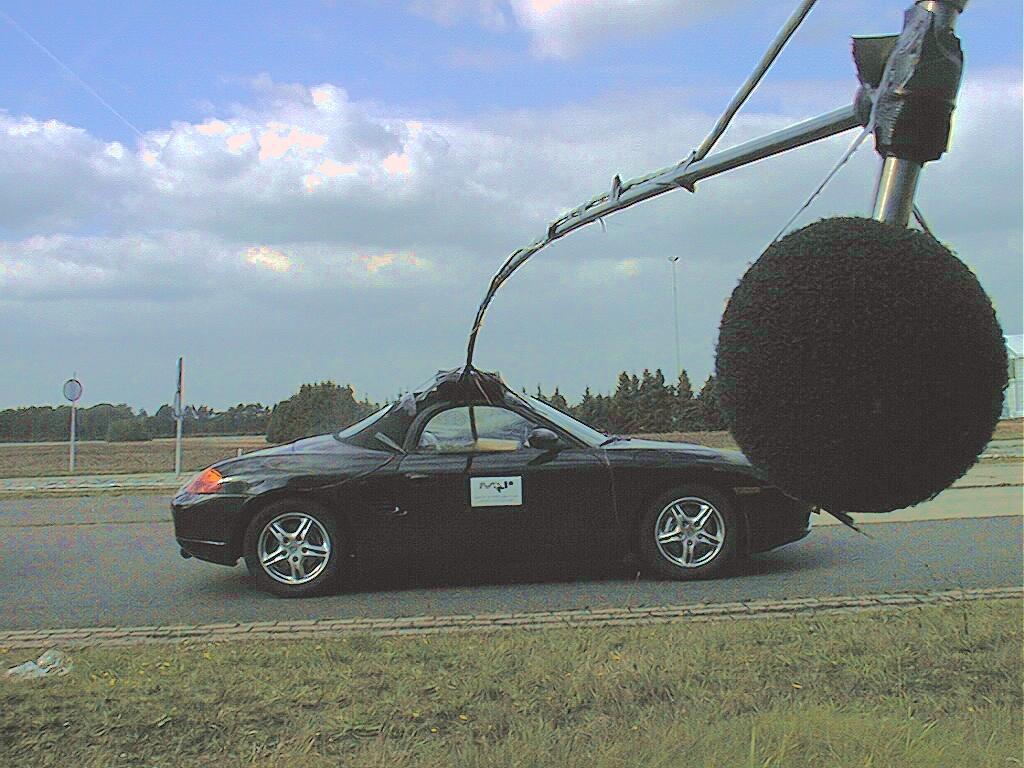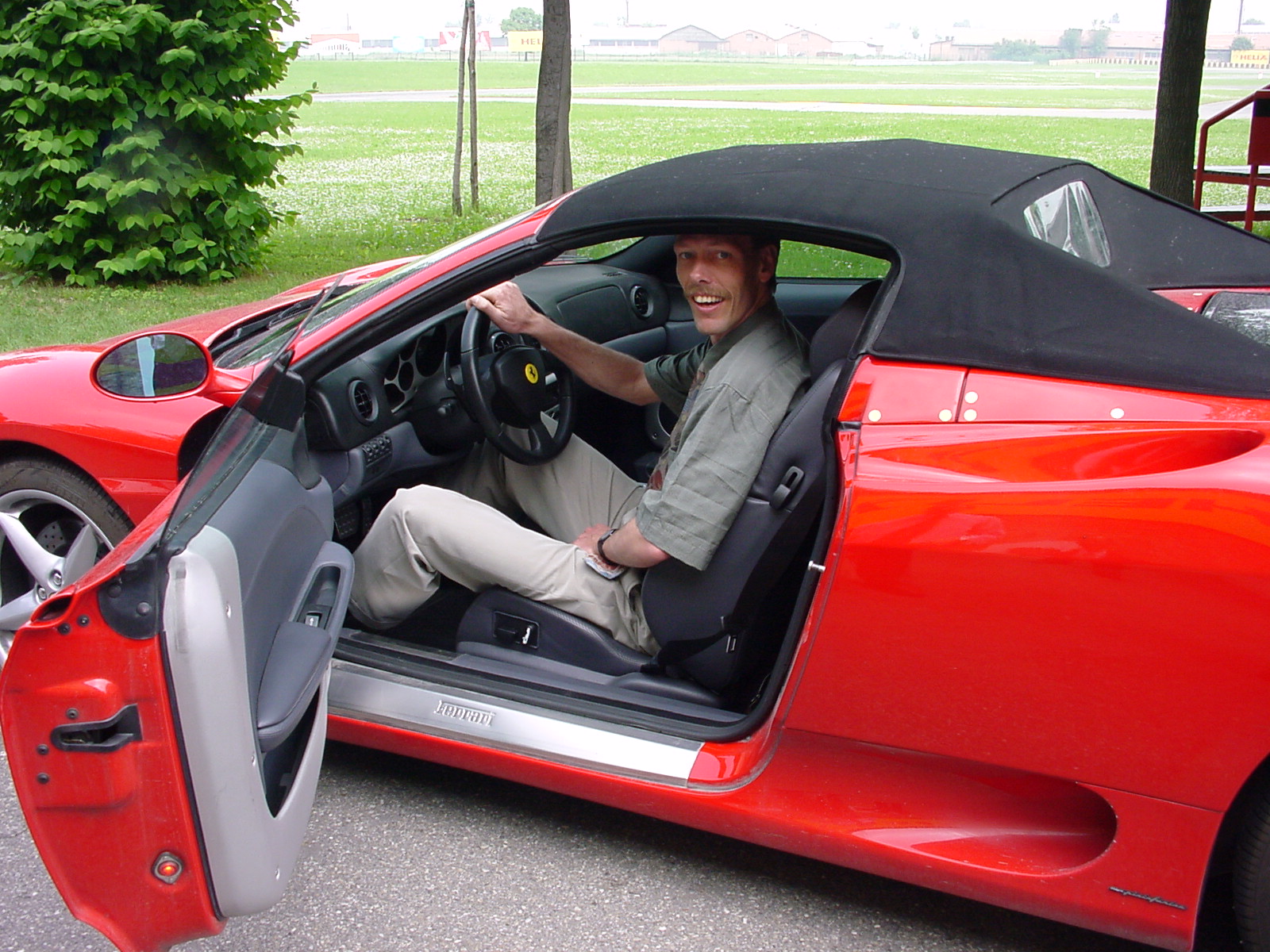
There's more that comes out of an exhaust than just a decibel count
The subject of "Noise type approvals for road vehicles" has been an ongoing project for senior adviser Erik de Graaff for nearly 30 years. After years of approvals it's become clear to him that the noise a vehicle makes is much more than just a technical issue. It also has political and psychological aspects. Or to put it another way, other things matter more than the number of decibels.
Each country has its own test institute for noise type approvals for road vehicles. For the Netherlands this is the RDW, the National Road Traffic Service. Not every variant of a vehicle has to be approved. For example, if one model receives type approval, then the whole production range receives European approval at a stroke.
Tackling traffic noise at source
"In the past, reducing and managing noise was mainly shifted to the listener", says Erik. "With traffic noise being the primary source of environmental noise, double glazing and earplugs were a great solution for schools and apartments that were badly affected by a busy road or street. In the 70s the approach changed. It was actually more logical to tackle the noise at source.”
Global harmonisation of rules and products
When drive assemblies and car tyres became products that were distributed worldwide, very soon came the desire to organise their regulation internationally. The idea behind this was that is was less costly economically. "A car manufacturer does not produce cars just for a single country, after all" explains Erik. "The first centralised technical legislation covered four pages of A4, but because more and more became involved, the protocol for the technical measurements has become increasingly complex over the years. The latest version is over 100 pages.”
From Brussels to Geneva to Washington
M+P has always received a substantial budget from the public authorities to provide opinions and to represent the Netherlands in the process of international harmonisation. It became an interesting project for Erik. "From being a sound engineer I suddenly found myself in the political arena. In discussions with the European Union and with the United Nations, with delegates from all over the world, I rapidly discovered that politics has different interests than technology. And that this means, for example, that Japan has a different opinion to Australia.”
Technology, emotion and psychological aspects
Politics is driven not only by technology but also by emotions and psychological aspects", continues Erik. "That was quite an eye-opener for a young technology buff. Things like a Japanese person saying "yes, yes", while that means that he first wants to discuss it all with the people he represents. Or when the management at Ferrari invites you to their test circuit in Italy, because they want to convince you that it is impossible to sell a Ferrari that sounds like a Fiat. Then we have the "psycho-acoustic" aspects: the noise a vehicle makes is not something you can just measure objectively, as everyone wants to be able to recognise a Ferrari or Porsche just by the special way it sounds.”
The psychology of noise
This project broadened Erik's horizons. “Technology has succeeded in making vehicles quieter and quieter. But in the meantime we have now reached the follow-up phase: making noise is a kind of right or desire that people claim. The silent electrical cars, for example, represent a greater threat to blind and poorly sighted people who want to cross the street. And another example of psycho-acoustics: the sound of a sports car is music in the ears of many people.
Over time, we at M+P have gathered broad experience with this kind of process, and a good feel for what is the best approach to advising on this. My daughter once asked me for some school homework what subject I liked best in middle school, and I immediately thought of physics. But my next thought was the realisation that I found this topic so interesting because communication and psychology are definitely as important as the technical aspects. In the meantime the 100 or so pages of technical regulations are no longer the most important thing, and I find it at least as interesting to figure out what the psychology is behind the explanation."